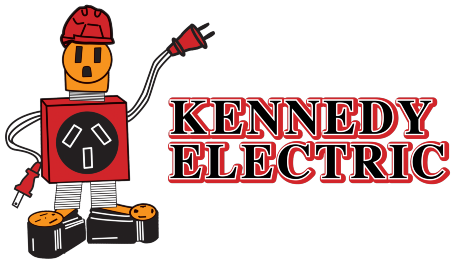What to Know About EV Charging at Home
Level 1 chargers are the most basic, charging electric vehicles through a standard 120-volt outlet.
Electric vehicles (EVs) may still have a long way to go, but they're becoming an increasingly common sight on the streets worldwide. With this increase in popularity comes an equally rising demand for electric vehicle charging. Many cities are installing EV charging stations around major transit points, but charging at home is still a more readily available method.
Here is an overview of the types of charges, installation requirements, costs, and everything else worth knowing about EV charging at home.
Different types of home EV chargers
There are primarily two types of EV chargers for homes: Level 1 and Level 2.
Level 1 chargers
Level 1 chargers are the most basic, charging electric vehicles through a standard 120-volt outlet. These charger types are convenient because they're backward-compatible with every house but are slow. It's common for them to take overnight or longer to charge a car fully.
Level 2 chargers
Level 2 chargers operate on 240 volts, similar to European outlets. These chargers take some adjustment but can charge a car much faster, usually in a few hours.
What to know before installing
It takes some planning to install a home EV charger, especially a Level 2 one. Buyers might need to upgrade the home's electrical system, especially on the older side, to handle the extra load. The circuits and possibly the electrical panel could require an upgrade. Keep in mind this is not a DIY job. Contact a qualified professional to do the job safely and comply with electrical codes.
Costs and incentives
Buying a Level 2 charger can cost less than $1,000, but installation costs can add up significantly, so the upfront price is deceptive. However, the installation cost will also vary depending on the home's electrical condition.
On the plus side, many incentives can offset some of these costs. Federal, state, and local rebates and utility company incentives exist to help electric vehicle adopters deal with the extra expenses.
Charging time and efficiency
Charger type and the car's battery capacity affect how quickly it can charge. Level 1 chargers, as mentioned, are on the lower end of the spectrum, but they're enough for drivers who don't drive long distances each day or if overnight charging isn't an issue. Level 2 chargers are more efficient and show results faster. Consider charging during off-peak hours to save money on electrical bills.
Be mindful of safety
Letting a professional install the charger is ideal since it isn't a DIY job. The chargers also should be inspected frequently for wear or damage. Manufacturers usually leave guidelines in the charger's instruction manual for maintenance specifics.
Modern-age refueling
Charging an electric vehicle out in the town isn't as convenient as a conventionally-fueled car. However, home charging is where EVs get an edge. But before you install a charger for an electric vehicle at home, be mindful of the specifics like setup, charger types, and safety considerations.'
If you have a pool need, whether it’s service, renovation, repair, lighting, or something else, call Magic Matt’s Pools at 623-745-9953 today!


